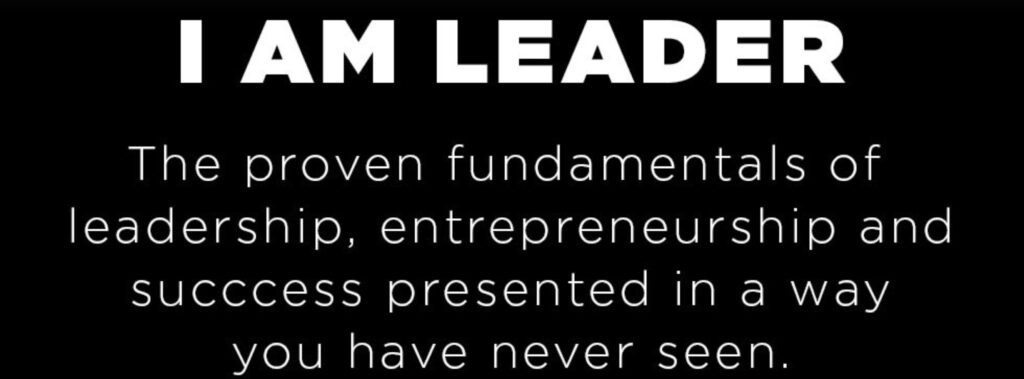Teamwork by definition means an action by a group of people that’s both efficient and effective in accomplishing goals and tasks. This is usually used in sports but it has also been used in the area where business is concerned.
It makes sense to use teamwork in business. After all, you do have the presence of a group of people that’s all tasked with achieving one goal – the survival and profitability of the business they are working in. If you have your own business then you need to consider the promotion of teamwork for your people so that you and your business can move forward and achieve the goals you’ve set for yourself.
Perhaps the epitome of teamwork is the different teams that comprise any business entity out there. Be it the sales team or the marketing team or the accounting team such groupings exist whether it be permanent or temporary – depending on the job they need to do.
- Project teams are often teams that are put together for a specific project. This could be a project concerning the promotion of such and such product or the introduction of it. The people involved are often from different units within the business brought together for this one specific goal. Once the project is done they go back to their own respective teams or departments.
- Interdependent teams often work together in order to achieve a certain goal. Because they are interdependent no one team can finish their own work without the other team finishing theirs. This is often the case wherein one team needs to do the design first before the fabrication team can make the actual product and so on.
- Independent teams have their own specific goals in mind and work independently on their own to achieve them. While they may work with other teams they are not required to and can still finish their assigned tasks even if the other teams don’t.
While over 90% of people who often work in a teamwork or team environment agree that such a system is important in any workplace their preference say otherwise. Sadly only a quarter or approximately 25% of them say they like to work with a team in any way, shape or form.
This low percentage may be attributable to their experience when working in such an environment. A little over 60% saw themselves stuck in dysfunctional teams. About 40% have seen verbal confrontations between team members and some (about 15%) even saw physical confrontations.
While this may seem like the notion of teams and teamwork in the workplace is a bad idea, most will say that their benefits far outweigh the negatives. And the benefits to the people who work in the business and the business itself are many.
- Unites people – Despite the potential for confrontations and animosity working together as a team has a way of uniting people. That’s because as a team member they are often forced to work together depending on the situation. In those kinds of situations they often put aside their dislike for one another and strive together to finish the task assigned to them.
- Competitiveness instead of negativity – Seeing others work can often lead people to become competitive and thus work harder in order to catch up and even surpass them. Because teamwork means all members are collectively responsible for the outcome these often result in each member striving to work together better in order to get the job assigned to them done.
- Delegation – Because there is a team and there is teamwork each member knows just how strong each member is. This means that by delegating each job to a specific member that’s capable enough to do it then the workload will be done more efficiently which means more work can be finished in less time.
- Shared workload – Because you’re working as a team your workload is now the team workload. Even if one or two members gets sidetracked – which can happen to anyone – the other members will be there to pick up the slack. This will also motivate the sidetracked members to come back and work to carry the load that the others had to take.
- Complimentary resource utilization – Because team members come in with their own respective expertise and talents you can make full use of those talents in order to get the job done. You no longer have to look far in order to find someone who knows this or that – you can find them within the framework of the team that is already there.
- Innovation and ideas – They do say that two heads are better than one. Because each member comes from differing environments and have differing experiences they bring a different outlook that may just be the solution to a problem that pops up. This means that innovative ideas can come out of such teamwork that can help better the work efficiency and produce a product that is the better for it.
But what really makes teamwork good is the mutual support it gives to each and every member of the workplace. There will always be someone there to catch them when they’re falling or someone who will give them that little push forward when they’re faltering on a job.
It’s good for the business too because of the efficiency that is born out of teamwork. That and the sense of accomplishment and camaraderie that comes out of it which makes the people who work there that much closer and tight knit.
That said, there are certainly cons when it comes to teamwork. There’s no such thing as perfection in this world and teamwork is certainly one of them. While it does boast of benefits it does have some negatives.
- Domination – it’s not really teamwork if only one person is doing the commanding. While there may be a team leader everyone has a say on what should be done as part of the brainstorming. However, if only the team leader is saying anything and everyone else is simply following without much discussion then there’s no exchange of ideas or synergy that can be beneficial to the whole process.
- Free-ride syndrome – You know what this is. It’s when a small number of people do all the work and the rest just take part when it comes to getting credit. It happens a lot when the teamwork is not done right. This may be hard to detect and can go on for some time until push comes to shove and nothing gets done.
- Common majority – the advantage of teamwork is that everyone comes in with their own set of ideas and principles. This is supposed to add synergy to the workplace. However, team environments can also cause everyone to start thinking the same regardless of their backgrounds. This will actually cause a loss of synergy such that no innovation can be found anymore.
- Conflict – Egos are hard to curtail and people with egos tend to clash with one another. Conflict, when properly guided can lead to answers as long as the conflict is about the solution. When the conflict is about everything else but finding a solution then it’s simply a matter of egos gone amuck which leads to a broken workplace.
- Bigger isn’t always better – Just because a team is bigger doesn’t necessarily mean the teamwork will be any better. On the contrary, it is often the big groups that have a problem with teamwork. It increases the chances of free rides and conflicts. It also makes it harder to coordinate the work in order to get things done.
There are a number of ways you can promote teamwork in your workplace. They can be an effective way for you to get the benefits pointed out. As long as you look out for the negatives you can have an effective workplace that’s more tightly knit and efficient.
What’s your take on teams and teamwork? Are you willing to work with a team in order to make things run more smoothly? Comment below.










